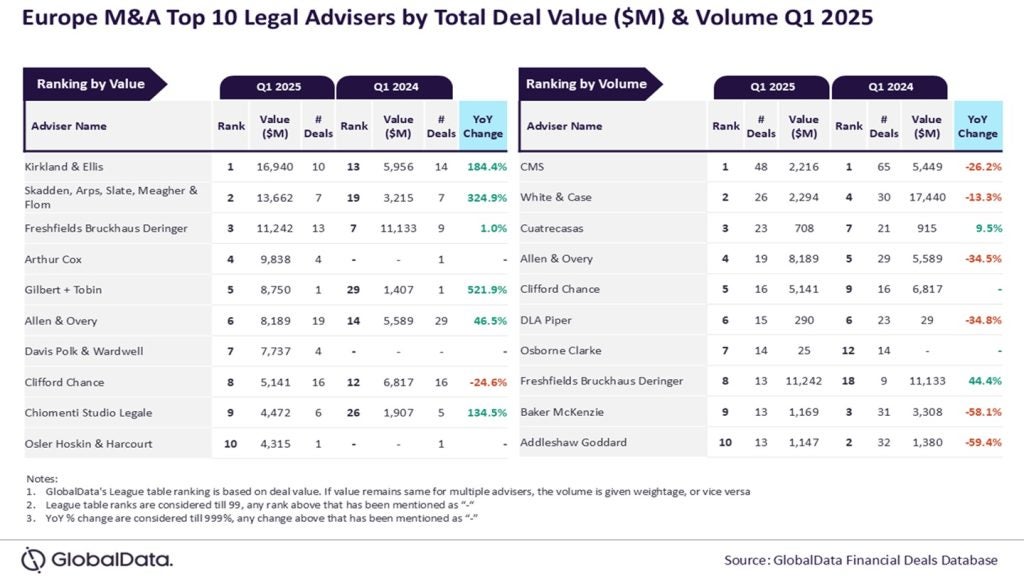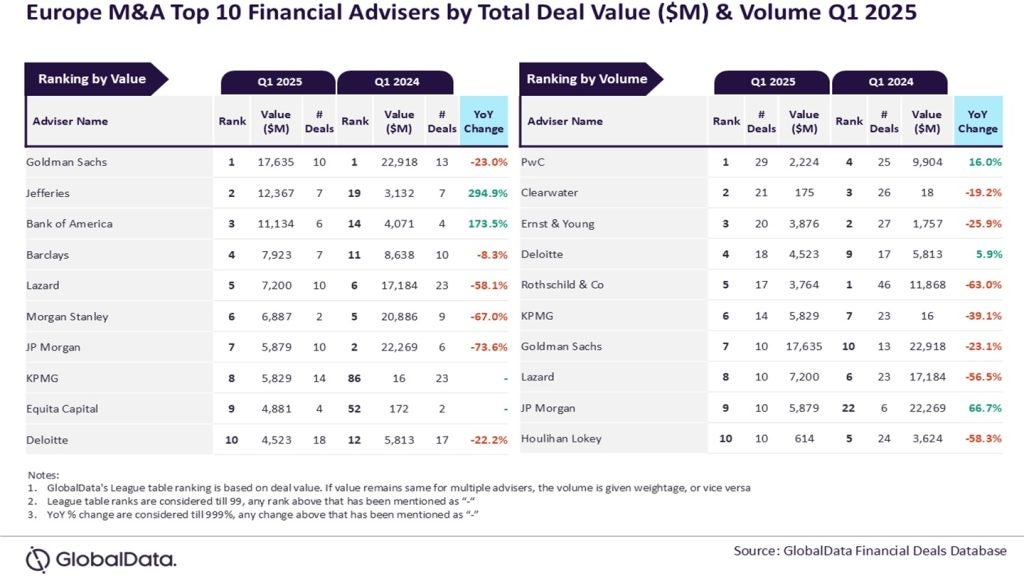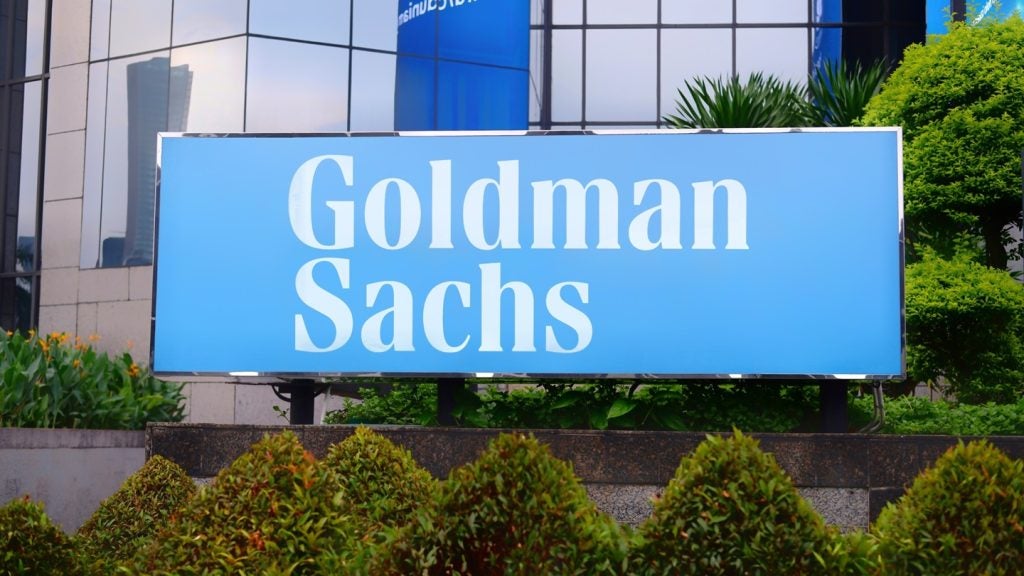
The recent acquisition of Hargreaves Lansdown by a powerhouse consortium of private equity groups—CVC Capital Partners, Nordic Capital, and Abu Dhabi Investment Authority (ADIA)—is a big move in the wealth management sector, with the platform accounting for nearly 40% of the U.K. retail investment market. Yet, it comes as no real surprise. Christian Kent writes
The industry, characterised by asset-light businesses, high levels of fragmentation, and organic growth potential, has naturally attracted an abundance of interest from private capital players. In recent years, a surge in financial literacy and the dramatic rise in the U.K.’s over-65 population have driven individuals to scrutinise their investment choices more closely, supporting the creation of a £2.7trn wealth management market fuelled by a substantial pool of defined contribution pensions and investment assets. Online brokers and wealth management services are at the heart of this landscape.
However, the Hargreaves Lansdown deal represents a notable departure from the norm for private equity activity in the wealth management sector, where investments have typically targeted smaller firms in the tens or hundreds of millions, not billions. Valued at approximately £5.4bn, with more than £155bn in assets under management and a client base of 1.9 million, Hargreaves Lansdown ranks among the largest and most influential publicly traded firms in the UK.
The scale of the deal illustrates private equity’s readiness and appetite to invest in companies of all sizes, provided they offer attractive valuations and clear opportunities for value creation.
Historically, industry businesses would have been expected to pursue an IPO or seek acquisition by a strategic buyer. Yet, in the current climate where the UK IPO and public markets are less supportive, private equity’s proactive approach highlights its confidence in the sector’s growth potential and commitment to driving value and innovation.
Market Dynamics and Valuation Disconnect
The acquisition of Hargreaves Lansdown continues the one-way trend of wealth managers being taken private.
Over recent years, private equity firms have led take-private transactions for AFH, Harwood, Mattioli Woods, Nucleus, Curtis Banks, IFG, Charles Stanley, and RBC Brewin Dolphin. Public-to-private transactions, often driven by valuation disparities and a lack of support from public investors, have proved to be a key catalyst in the trend toward further industry consolidation. Wealth managers have found that with private equity
support, they can harness additional capital and strategic expertise to reshape the sector.
Under private equity ownership, we would not be surprised to see Hargreaves Lansdown become a central player in this consolidation wave, driving further M&A that could reshape industry dynamics.
Strategic Changes Under Private Equity
The transition to private equity ownership should also bring about key strategic changes internally at Hargreaves Lansdown, with the business facing intense competition from rival platforms such as AJ Bell and Interactive Investor.
Historically, Hargreaves Lansdown has faced challenges such as underinvestment in technology and a pricing structure criticised for being too high. A potential fee cut could be explored to help bring the platform in line with its competitors and rectify the 13% drop in new net business that it reported in August. Substantial investments in technology and automation are expected in the digital experience and overall client value proposition, which should also help address declining client retention.
Nordic Capital, one entity of the consortium’s trio, has a history in the sector, having invested in Nordnet in 2017 with a focus on advancing the platform’s technology and digital services.
Under Nordic Capital’s ownership, Nordnet significantly expanded its customer base and, by the time it was relisted on the Swedish stock exchange in 2020, had achieved substantial growth. Through strategic digitalisation and enhancements to the company’s operations and user experience, Nordic Capital helped double Nordnet’s savings capital to SEK565bn by the end of 2020.
The private equity model, with its focus on long-term value creation and strategic flexibility, offers an opportunity to address Hargreaves Lansdown’s legacy challenges. A longer-term investment horizon allows for substantial changes that public market pressures might have previously constrained.
Further Consolidation in Wealth Management after Hargreaves Lansdown
When considering the wealth management sector, it is helpful to view it through three primary segments: investment platforms, advisory services, and investment-led firms. The sector also serves diverse customer bases, ranging from lower affluent to ultra-high net worth (UHNW) individuals, each requiring tailored solutions.
Additionally, different delivery models—including full advisory services led by independent financial advisers (IFAs), execution-only platforms, and hybrid advisory approaches—cater to varying needs. The sector also features a spectrum of investment offerings, from active to passive management and alternative investments.
As the market undergoes consolidation, firms that succeed will likely stand out by honing-in on a specific niche, developing a clear business model, and strategically focusing their efforts to address the evolving needs of their diverse client base.
While not entirely unexpected, Hargreaves Lansdown’s acquisition represents a landmark moment for the platform and the broader wealth management industry. The sector is highly fragmented, grappling with regulatory shifts like the Consumer Duty, and remains relatively underinvested in technology compared to other fields.
This presents a golden opportunity for a business to mould itself into the stand-out player in UK wealth management. With nearly two million customers and a strong brand presence, could Hargreaves Lansdown be revitalised under private equity ownership and take on this challenge?
Christian Kent is a managing director in Houlihan Lokey’s FinTech Group







